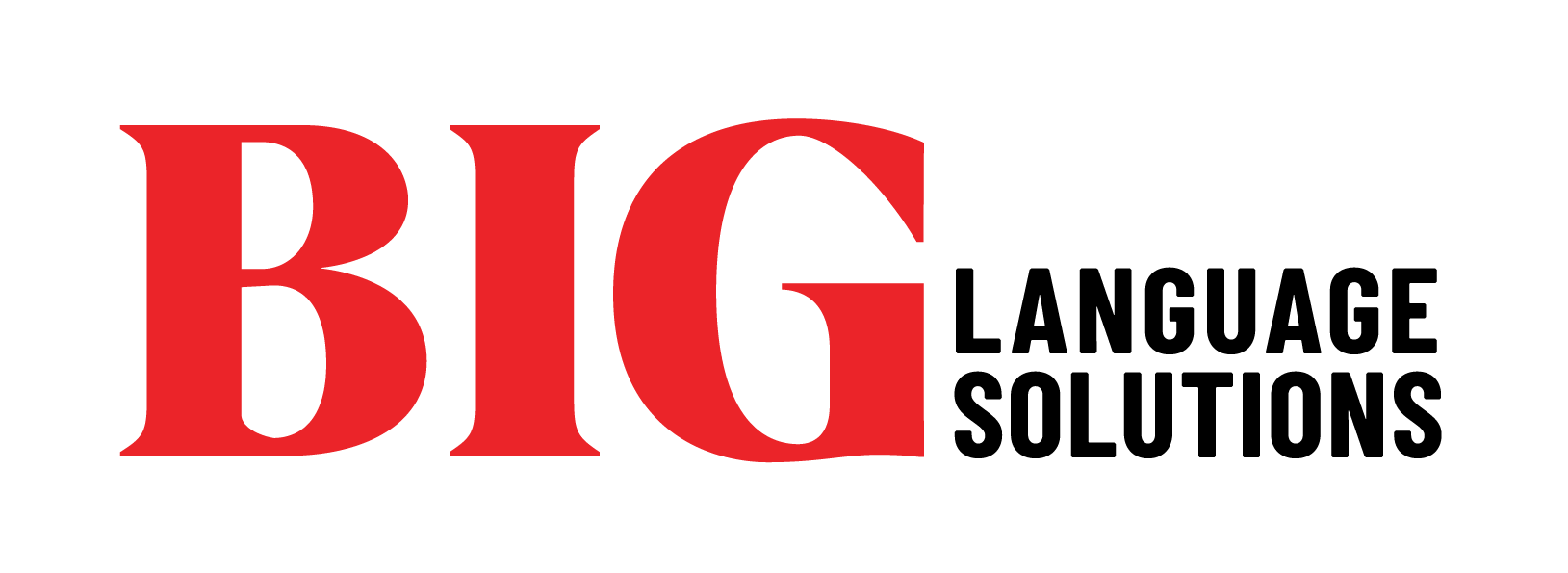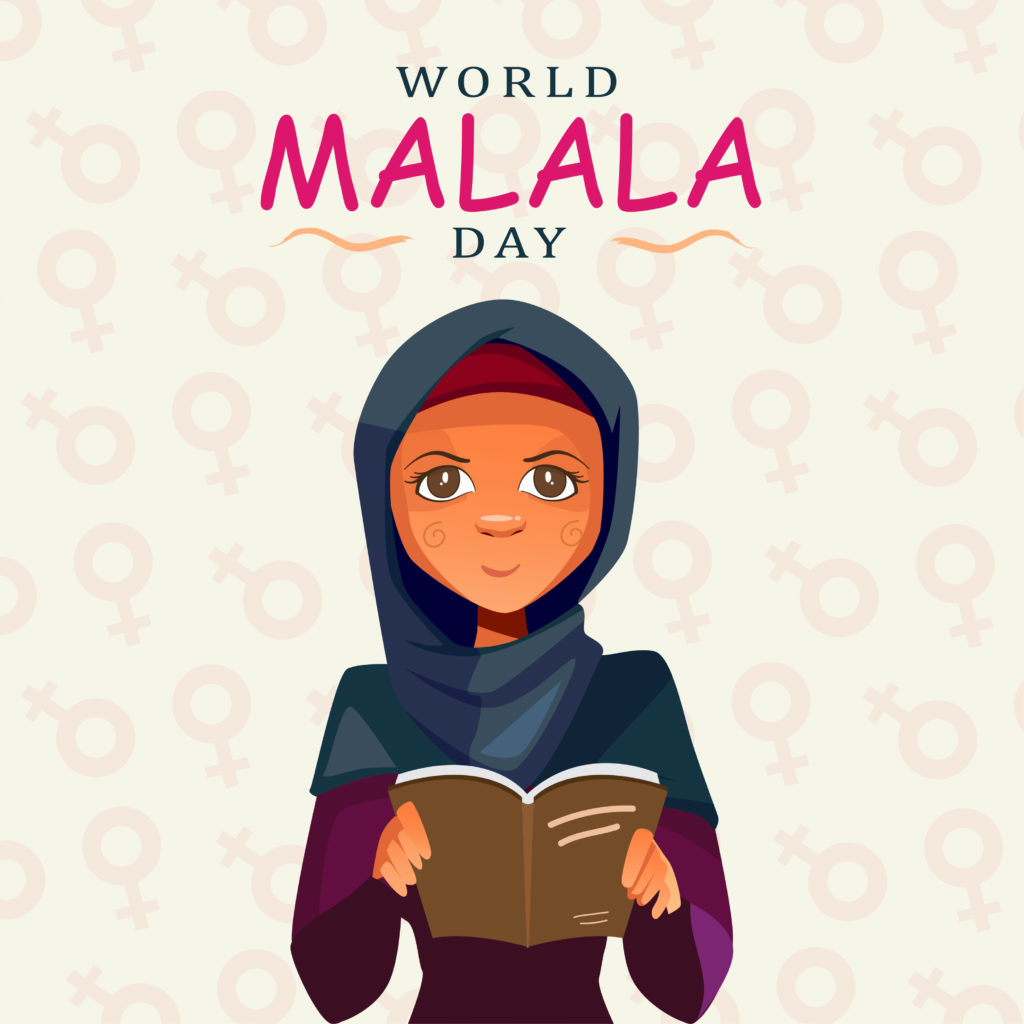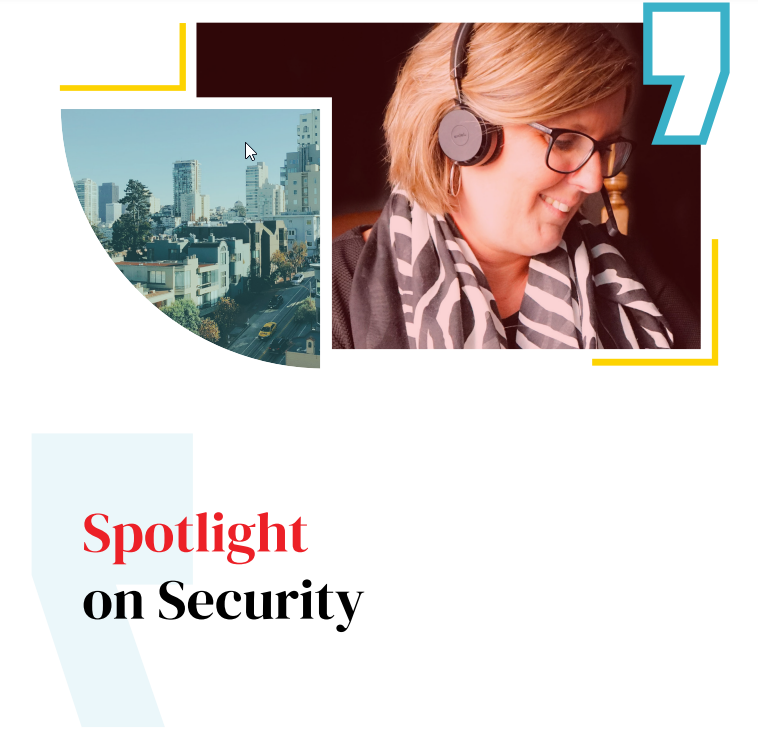Every 12 July is a UN observance called Malala Day. The day is based upon the life and struggles of Malala Yousafzai of Pakistan, who advocates for equal access to education for women. But who is Malala?
Malala Yousafzai was born on July 12 in the city of Mingora in Northern Pakistan. She is a member of the Pashtun ethnic group, which represent a large minority in Pakistan. Pashtuns are also the largest ethnic group in neighboring Afghanistan. They speak an Indo-European language called Pashto, which is related to Farsi.
Malala’s family ran a chain of schools in her city and surrounding area and Malala was particularly inspired by her father’s progressive thinking and humanitarian work.
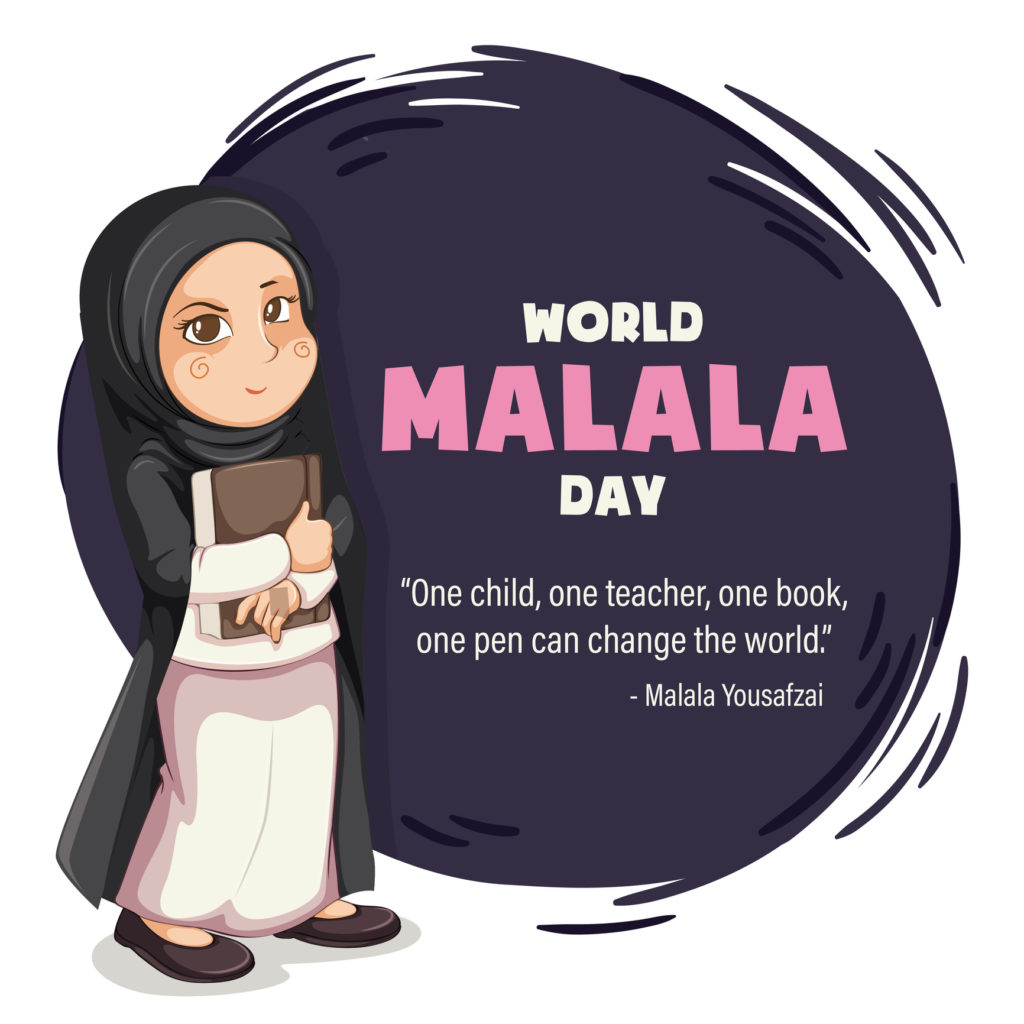 Malala was tragically shot in the head on October 9, 2012, by a Taliban gunmen after she publicly advocated for the education of girls. The shooting was an assassination attempt in retaliation against Malala’s activism. The Taliban are a Sunni Islamic fundamentalist political movement founded in Afghanistan but also active in Pakistan, particularly in the area Malala lived. Their name comes from the Pashto word “tālibān,” which translates to “students.” The Taliban practice and advocate a particularly harsh form of Sharia or Islamic religious law which prohibits women over the age of eight from being educated or working.
Malala was tragically shot in the head on October 9, 2012, by a Taliban gunmen after she publicly advocated for the education of girls. The shooting was an assassination attempt in retaliation against Malala’s activism. The Taliban are a Sunni Islamic fundamentalist political movement founded in Afghanistan but also active in Pakistan, particularly in the area Malala lived. Their name comes from the Pashto word “tālibān,” which translates to “students.” The Taliban practice and advocate a particularly harsh form of Sharia or Islamic religious law which prohibits women over the age of eight from being educated or working.
Despite being in critical condition and unconscious for three days, Malala almost miraculously recovered from her injuries with an even stronger determination to advocate for women’s education and empowerment. In the following weeks after Malala’s assassination attempt a group of leading Pakistani Muslim clerics issued a “fatwā“ or public condemnation against those who tried to kill her. Malala’s story soon spread around the globe and the Taliban were internationally denounced by governments, human and women’s rights organizations.
After the international denouncements and scrutiny, the Taliban pushed back even more and Malala’s parents decided it was too unsafe for her to remain in Pakistan. They arranged for her to move to the city of Birmingham in the UK (where she already had family) to continue her convalescence. Malala remained in the UK to finish her schooling and is currently a student at the University of Oxford. In 2017, Malala was awarded honorary Canadian citizenship. Malala still plans to return to live in Pakistan after completing her education.
Malala co-founded non-profit organization the Malala Fund in 2013 with her father, which fights for the right to ensure twelve years of free, safe, and quality education for every girl. As of the beginning of 2019, the organization employed 24 staff and received grants of around $4 million per year.
In 2014, Malala was the joint recipient of the Nobel Peace Prize with Kailash Styarthi, a social reformer from India who campaigns against child labor. Malala remains the youngest Nobel Peace Prize Winner and continues to inspire women and children worldwide as a shining light of hope, courage and activism for basic human rights — especially in places where girls see her as a role model for using education as a means to a brighter future.
July 12 was chosen to mark Malala day as it is both her birthday and the commemoration of the day she gave a rousing speech to the UN General Assembly in 2013.
On July 12 this year let’s celebrate Malala’s amazing life, heroism and achievements and recognize all people around the world who are fighting for the progression of basic human rights.
